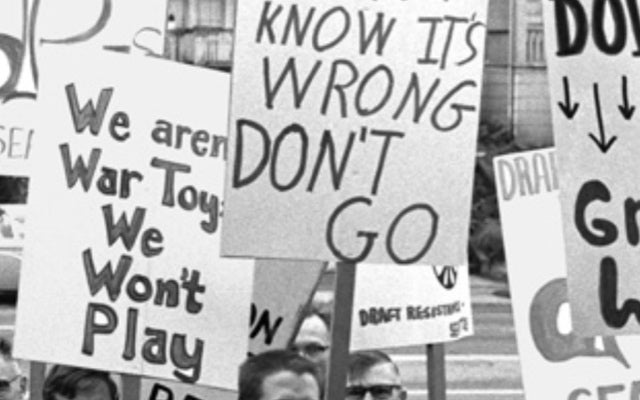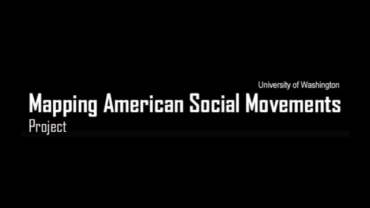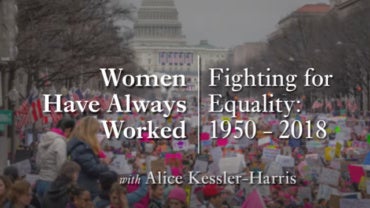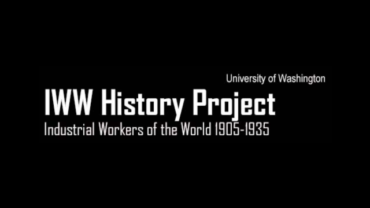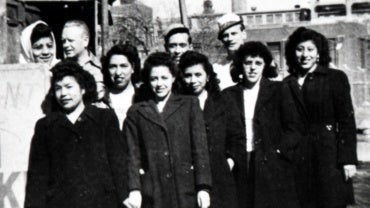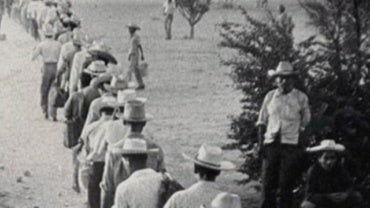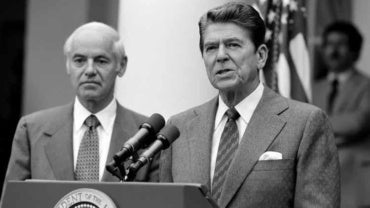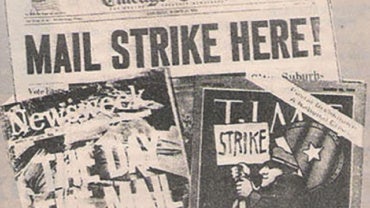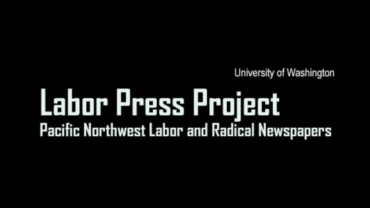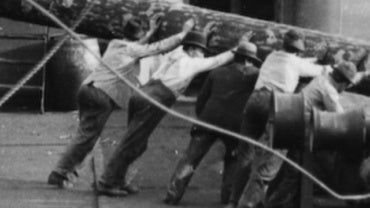The Pacific Northwest Antiwar and Radical History Project is a multimedia web project that aims to chronicle the social impact of war and the rich history of antiwar activity in the Northwest. With video oral histories, hundreds of photographs and documents, GI underground newspapers, movement biographies, and research reports, the project illuminates this integral part of the Northwest’s social and political history. This site is one of a collection of Pacific Northwest Labor and Civil Rights Projects based at the University of Washington in Seattle, which involve undergraduate and graduate students, faculty, and community members.
